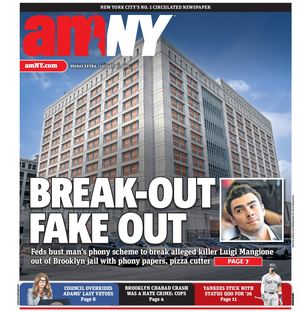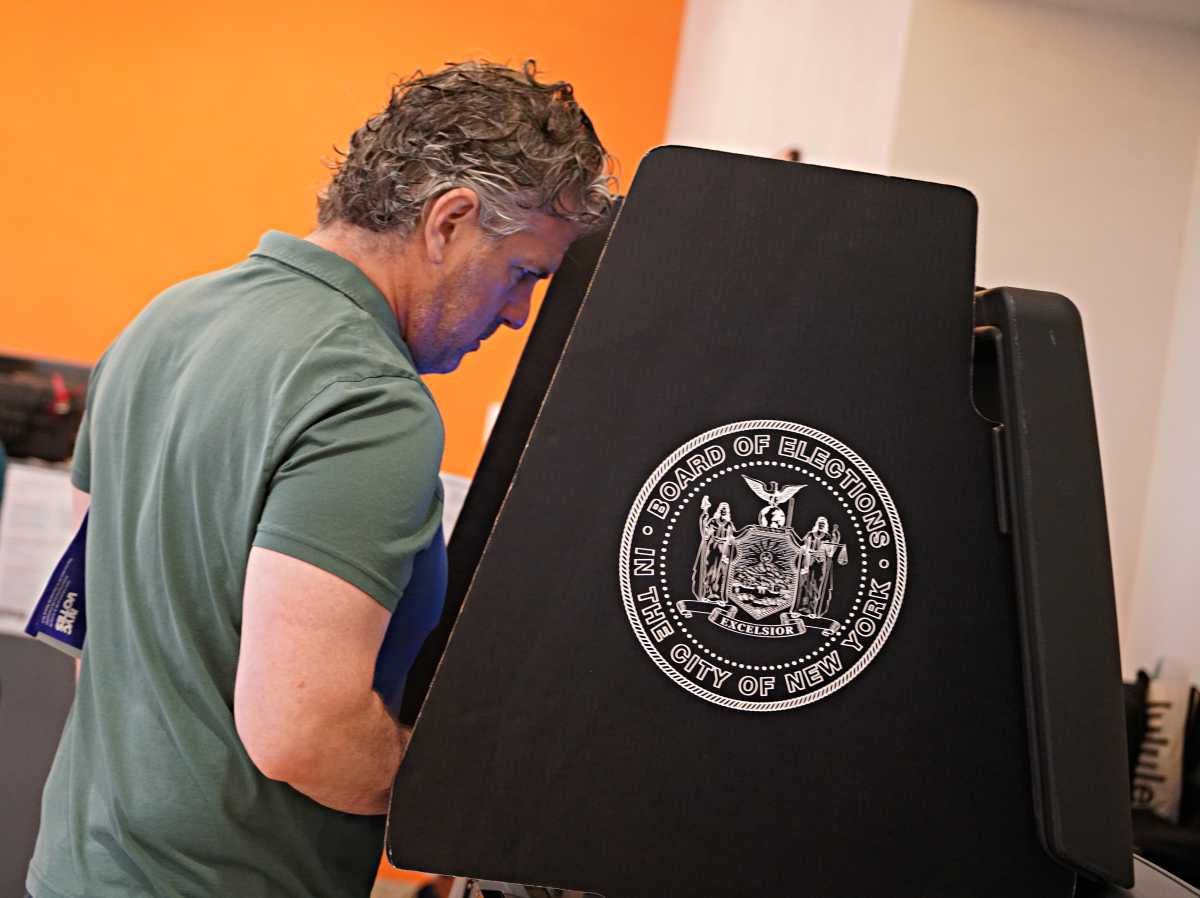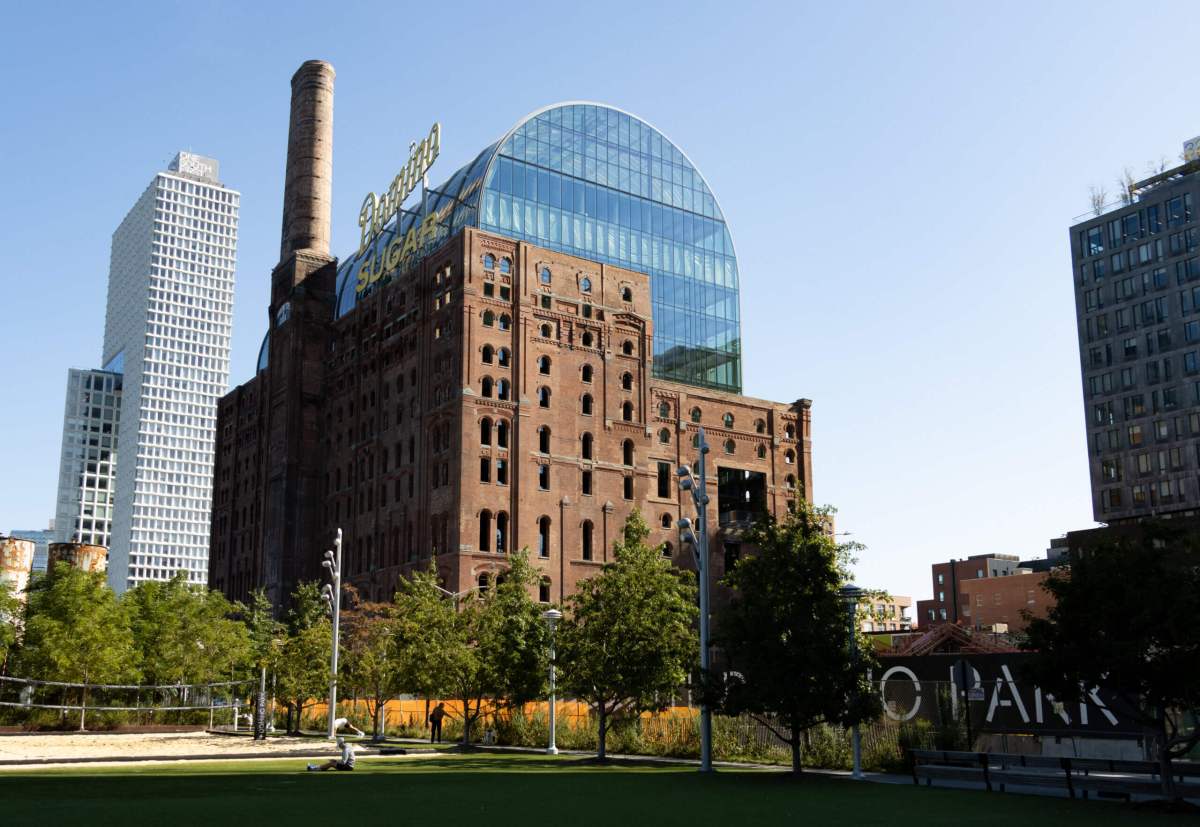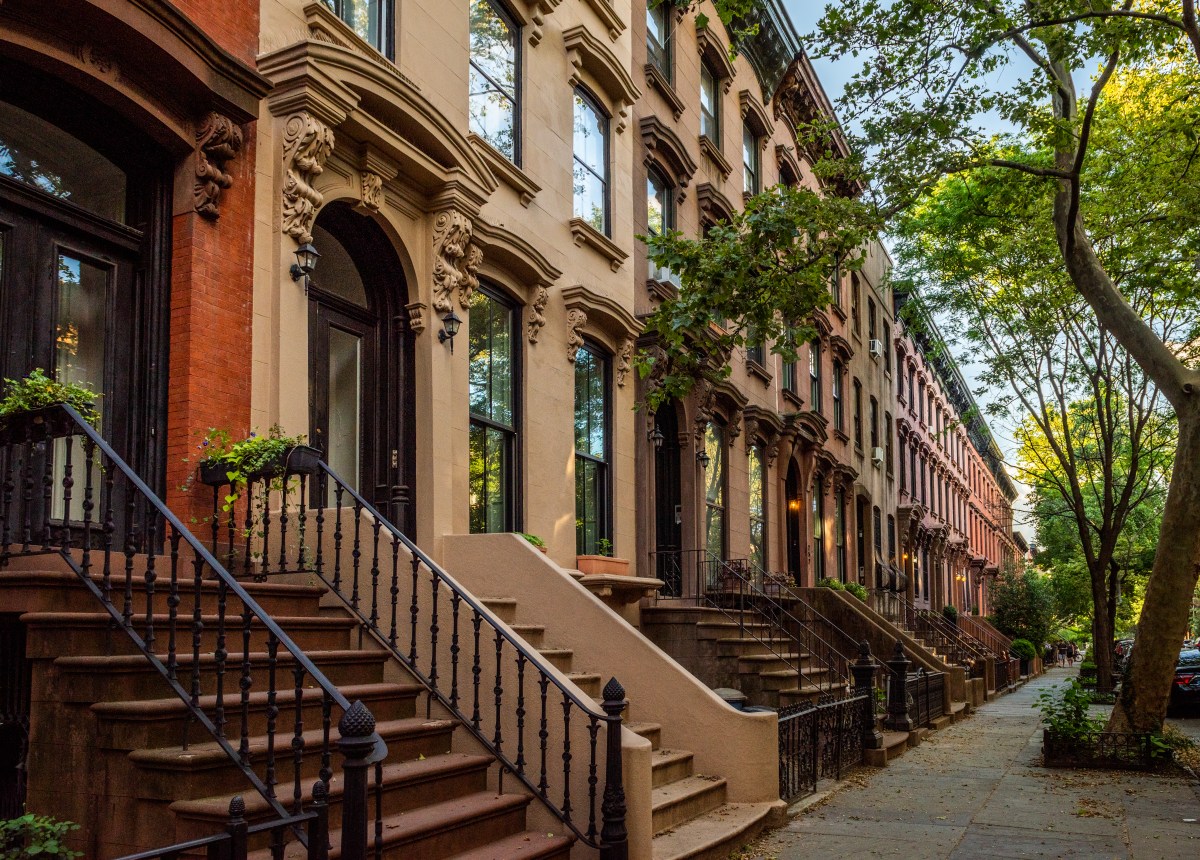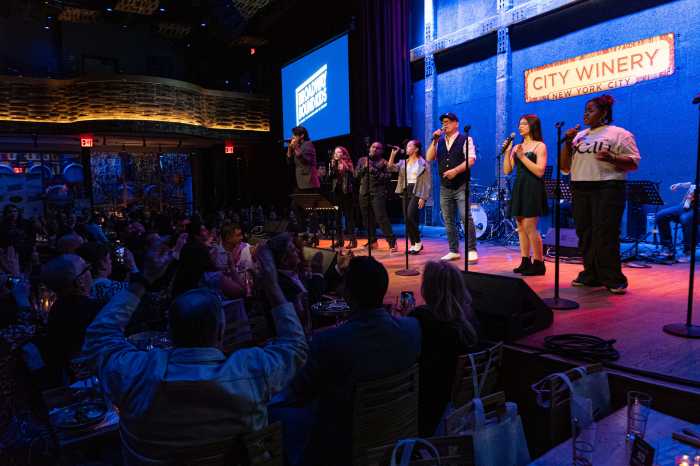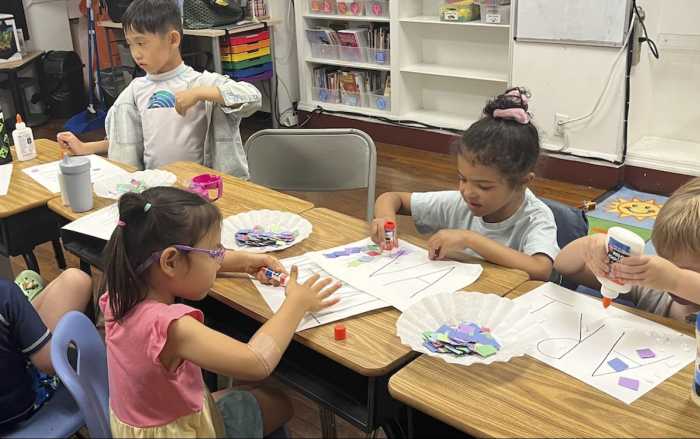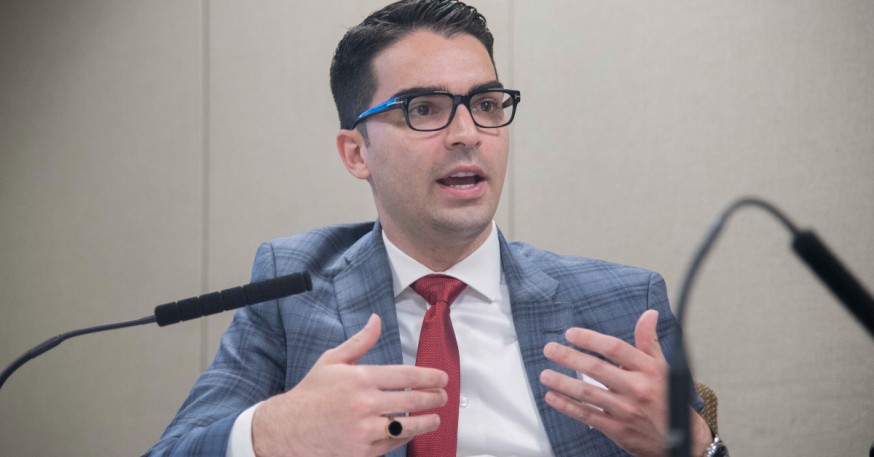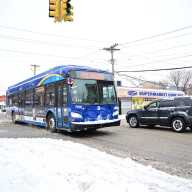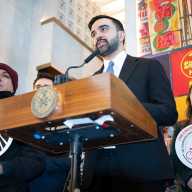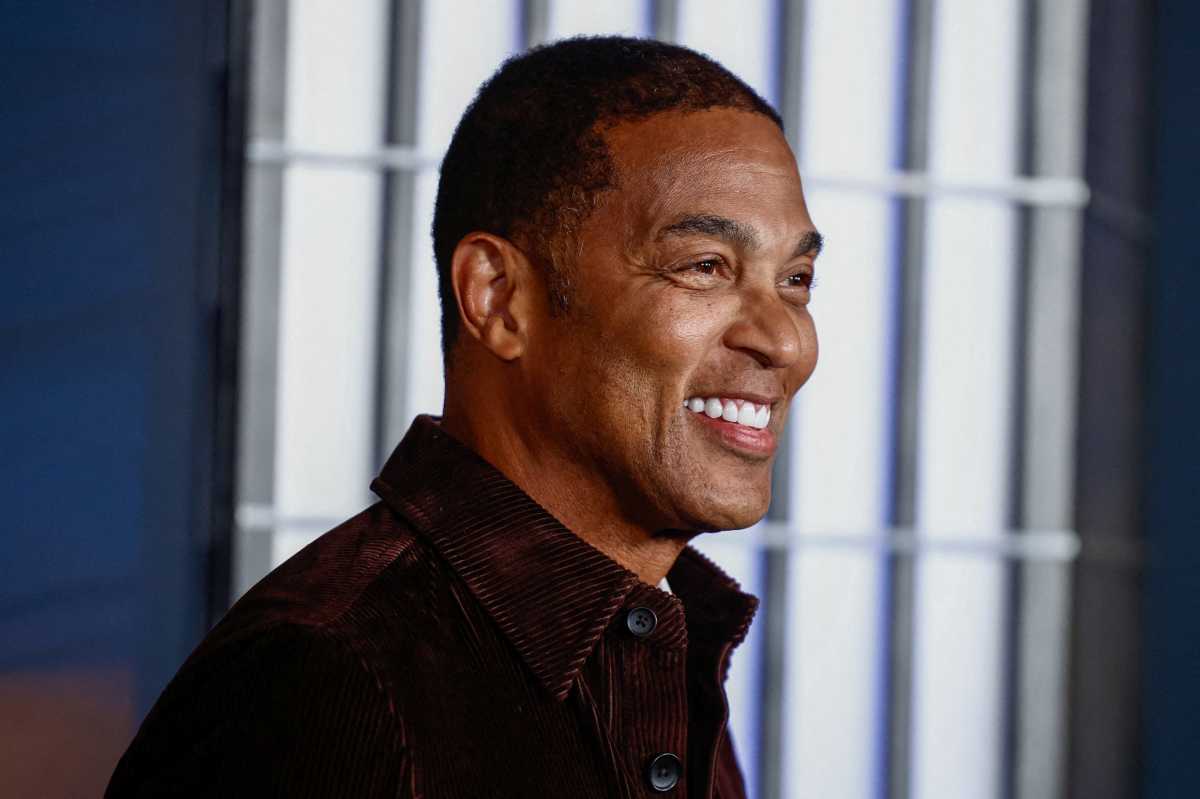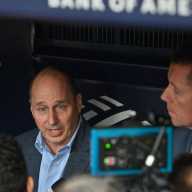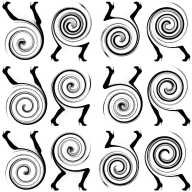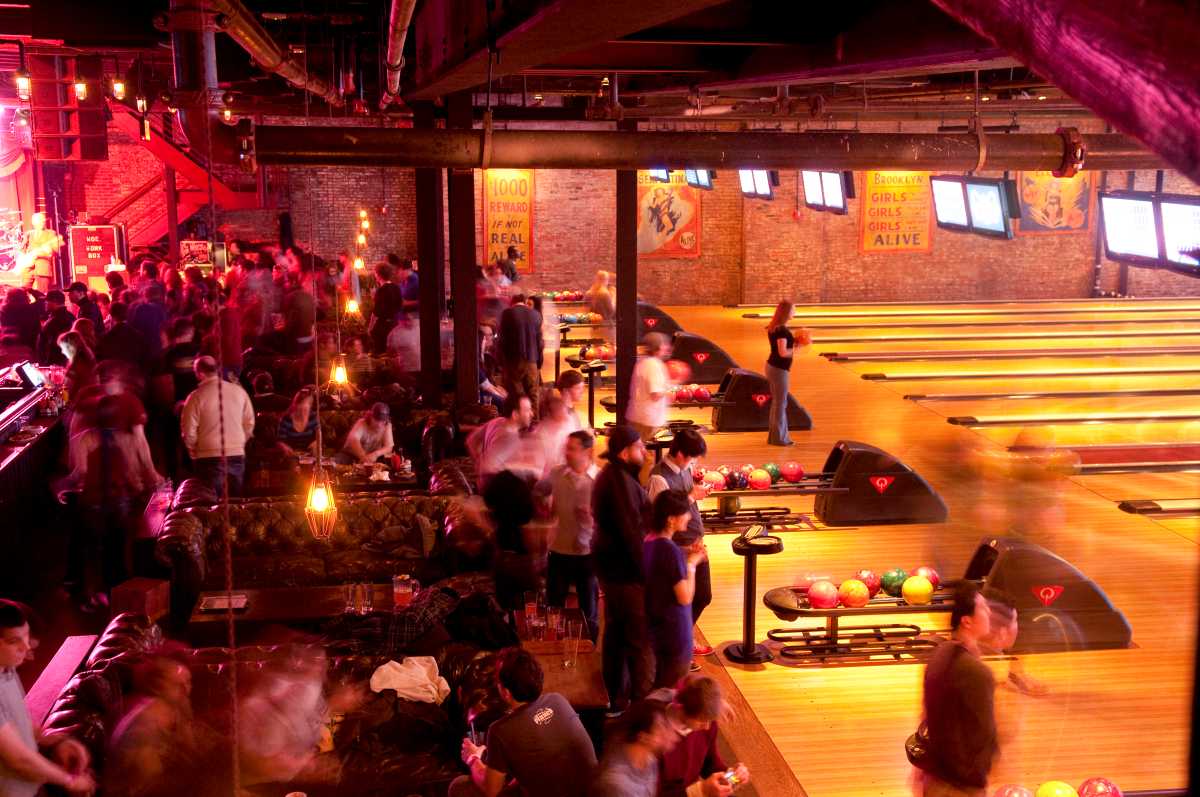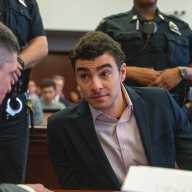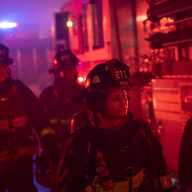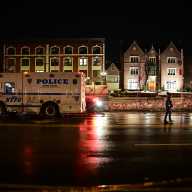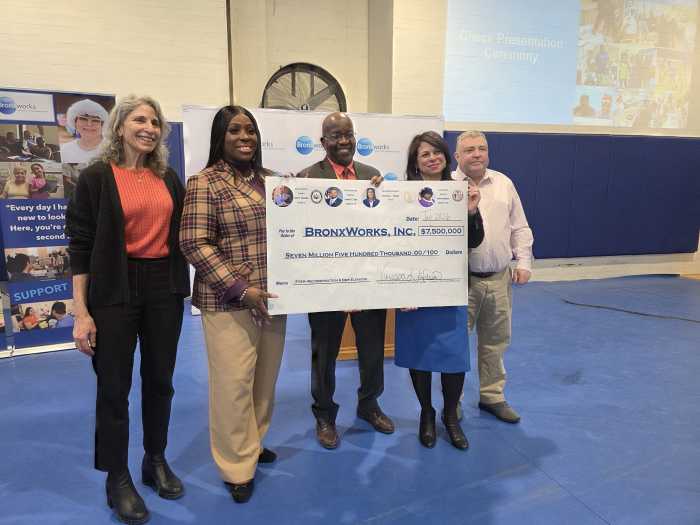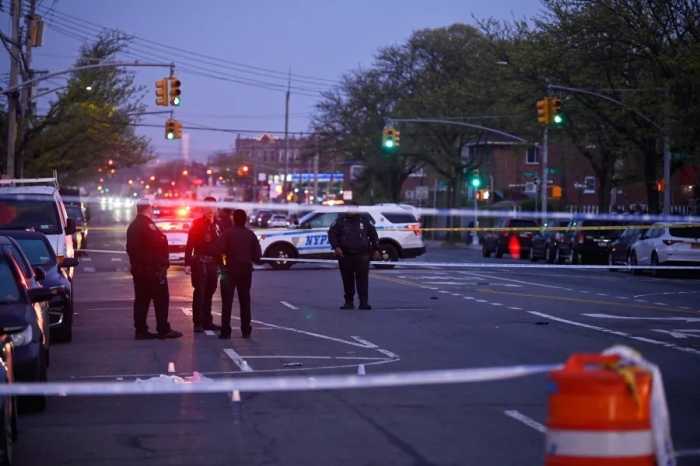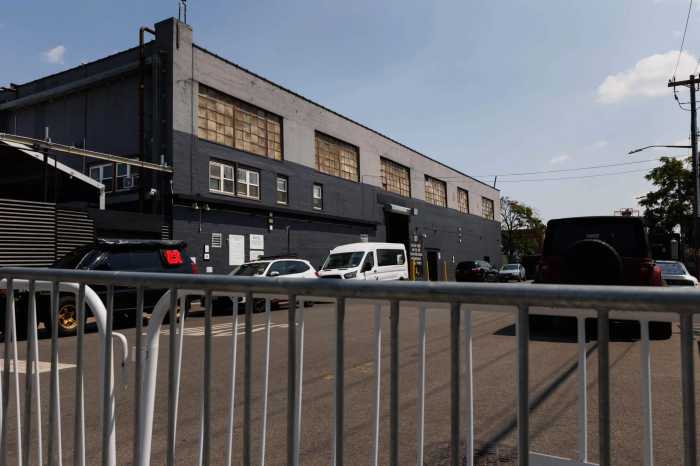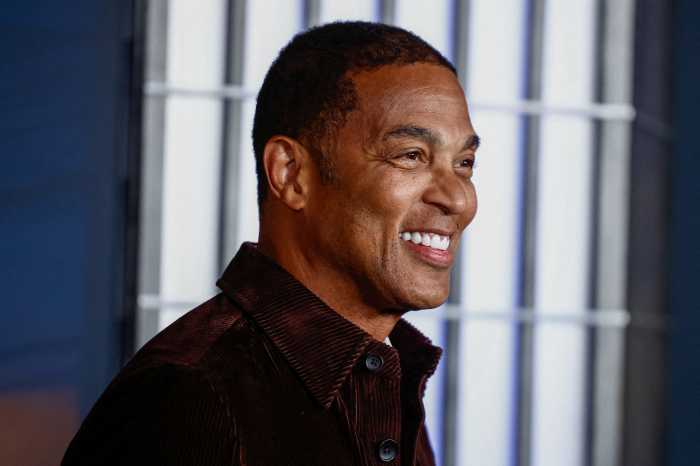As President of the Brooklyn Chamber of Commerce, I regularly interact with all levels of government and have built relationships with many elected officials over my 30-year career. I’ve observed both exemplary public servants and others who have unfortunately lost their standing.
I am also the face of a disenfranchised voter, one of the 1.1 million voters who have chosen to register as “unaffiliated.” In fact, unaffiliated voters make up the second-largest voting bloc in New York City after registered Democrats.
This upcoming citywide election in November, we should have had a chance to end voter disenfranchisement and double down on more democracy, as most big cities across the country have already done. We should have had a chance to vote for open primaries and usher in the single most important voter reform in NYC history.
But late on Wednesday, the NYC Charter Review Commission, a mayoral-appointed commission that reviews potential changes to the city’s governing charter, chose not to advance this recommendation to the ballot box, citing “there was no clear consensus among Commissioners, experts, and city leaders.” This is just patently false, and an insult to the majority of New Yorkers who took the time to testify on the matter at one of their many public hearings.
In fact, in the Commission’s recent interim report stated: “Throughout its public hearings, the Commission has heard more testimony in favor of open primaries than on any other subject. Reform groups from the League of Women Voters of New York State, to Citizens Union and Reinvent Albany, academics and other experts, Democratic and Republican elected officials, faith leaders, and New Yorkers from every borough and every walk of life have called for an end to the City’s closed primary system.”
So, what really changed the equation for these Commissioners and made them abandon a path of potentially greater voter participation? Seems like the big difference is that Zohran Mamdani won his surprise primary victory.
He and his allies such as the Working Families Party, who threatened to sue to prevent open primaries, vehemently oppose open primaries. So, rather than taking this issue to the ballot in November, where all parties for and against could weigh in on this important reform, we won’t get the chance.
It’s worth noting that 24 of the 30 largest cities in America have open primaries. And the results have been exceptional, increasing voter participation and expanding choices.
In fact, we already have open primaries; they are called “special elections,” and they occur when a vacancy in an elected office occurs prior to an election cycle. In addition to enfranchising 1.1 million voters, over time, open primaries can also lead to encouraging more people to step up and run for office, given that the playing field will be more equal and not controlled by party systems and insiders.
Combined with ranked choice voting and public financing of campaigns, NYC had a chance to once again lead the nation in expanding democracy and voter rights. Yet as we witness an unraveling of democratic institutions on a national level, now is the time to act decisively in defense of more democracy, not less, here in NYC.
Randy Peers is President & CEO of the Brooklyn Chamber of Commerce, the largest Chamber of Commerce in New York State. He is also a registered “unaffiliated” voter.
Also Read : https://www.amny.com/police-fire/nypd-commisioner-nypd-criminal-enterprise/
